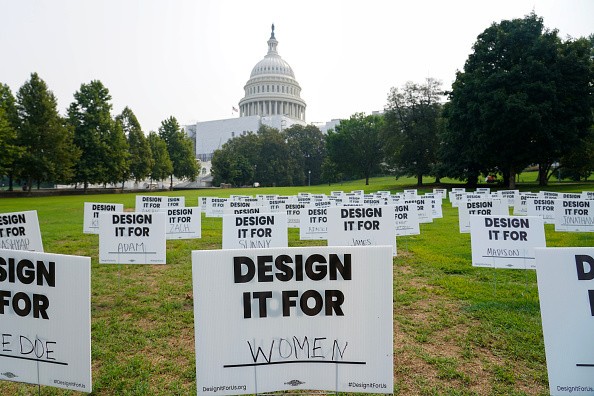Canada's justice minister, Arif Virani, faced accusations amid the introduction of the online harms bill to protect people from online abuse.
The comments came as the government began to face mounting pressure to introduce the long-promised legislation following an increase in antisemitism online since the latest Israel-Hamas war in early October.
Virani Faces Accusations

After receiving criticisms last year, the government sent its initial plans for the bill back to the drawing board. Now, Virani hoped that he could bring the final bill forward sometime next year.
He would be taking over the bill from Canadian Heritage, which guided two highly controversial media bills on online streaming and compensation for news media.
"Where I don't want this bill to go is down some sort of path where it looks like people are trying to tell you what to think, or how to criticize people," Virani said in an interview last week.
The government's group of experts tasked with revising the bill has recently published an open letter saying it was time for the Liberals to advance the bill. They said Canadian children were less protected than kids in countries where similar laws are already in effect.
Furthermore, the government was asked to create a regulator to hold online platforms accountable to protect users from online harm while having the power to investigate and audit platforms, mandate corrective action, and impose fines.
Virani remained silent on whether it would move ahead with the proposal. He explained the legislation was complicated to develop, and he hoped to avoid pitfalls regarding free speech that other jurisdictions have seen with similar laws.
Before the 2021 election, the Liberals introduced a bill addressing online hate speech. However, the bill expired on the order paper when Parliament was dissolved.
Prime Minister Justin Trudeau ensured that the bill would target terrorist content, hate speech, and child sex abuse images on the internet. He added he would table within 100 days after the vote, after first promising to do so during the 2019 vote.
The Liberals' proposal expressed their concerns over free expression, including provisions that would have required digital giants platforms to monitor and take down posts on their social media. The government asked the group of experts to give feedback on a different approach that would put more responsibility on the press to have systems to manage harmful content online.
Virani did not explain what the Liberals would propose in the bill. However, he ensured that Canadians would be protected and would target online harms involving children and women, such as the sharing of intimate images without someone's consent and interpersonal violence.
Online Hate in Canada
On Monday, Virani posted on X, formerly Twitter, that online hate could turn into real-life danger. He said he condemned the recent wave of hatred against the Jewish community.
The RCMP recently arrested and charged a teen in Ottawa with terrorism-related offenses that allegedly targeted Jewish people.
Opposition Leader Pierre Poilievre, an advocate for free speech, expressed concerns over the government's plan to approve protections against online harms. He further explained the proposal in an interview with True North on Monday and said the Liberal government could not differentiate between hate speech and speech they hate.
He added, "We have to be very careful about giving any state czar the ability to define what he or she thinks is hate because we might end up being very surprised with their definition."
Related Article : PA Lawmakers Denies Funding for UPenn Amid Antisemitism Cases on Campus
© 2025 HNGN, All rights reserved. Do not reproduce without permission.








